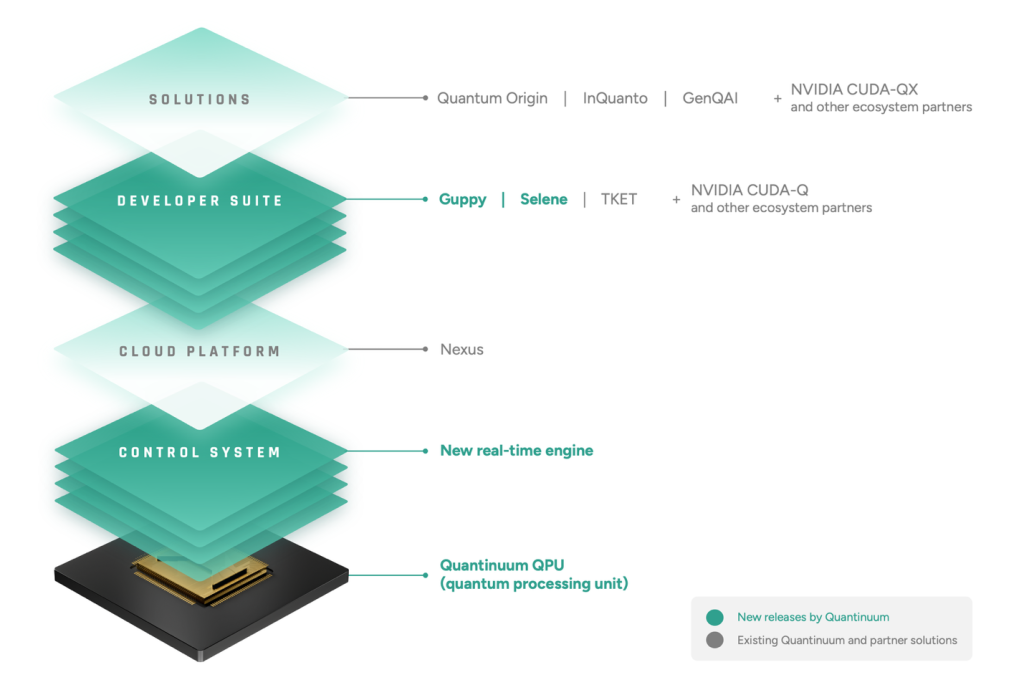The logistics industry is a massive industry, and there are numerous logistics startups that are disrupting the field. Many of these startups are leveraging new technology to improve logistics and provide innovative services. It is important for startups to understand the industry and the challenges it faces before launching a new business. Here are five things startups should consider before launching their logistics venture. They should have a good idea of what their customers are looking for, and they should be able to meet those needs.
If you’re in the market for a logistics service, you’ll want to consider a few startups to help you get started. Cubyn, for instance, is a logistics provider that provides end-to-end solutions for eCommerce retailers. Its platform combines inventory synchronization with eCommerce platforms with shipping and a logistics service that enables customers to track their packages at any time. The company plans to expand into other markets, including France and India, and it recently raised $90 million in series C funding.
While there are many factors that can influence the success of a logistics startup, a good business model is one of the most important factors. A good business model is an opportunity to reduce costs. Even if a logistic service is already existing, there are ways to improve upon it. Statistical data, coherence, and uninterrupted work are important in the logistics industry. The logistics startup that addresses these issues first will be able to scale and succeed more quickly.
Another important factor in launching a logistics startup is attracting outside investors. While a startup’s growth can be fueled by its success in a small market, it is important to make sure it has a good business plan and the right people on board. The right team can make all the difference in the world. The logistics industry is changing and it is not an easy place to work in. It is important to invest in logistics startups because they have the potential to disrupt the industry.
Another important aspect of a logistics startup is its ability to provide a low-cost and convenient service. The growth of eCommerce has created a demand for fulfillment centers. These warehouses are very expensive to rent, so logistics startups are now offering their services as a warehousing-as-a-service. The advantage is that these startups don’t require the space themselves, and they can also share warehouse space with other companies.
There are dozens of other logistics startups that are aimed at solving specific problems within the logistics industry. Among the most promising ones are the companies that provide services in multiple areas. For example, a logistics startup in Ottawa, Canada called GoFor can provide last-mile delivery services for eCommerce retailers. It provides cloud-based last-mile delivery platform powered by artificial intelligence. Its logistics system features delivery optimization, re-routing, driver pooling, and tracking.




